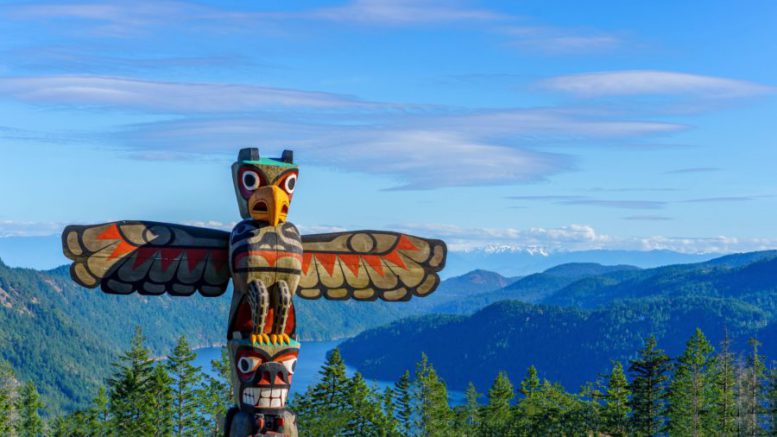British Columbia’s new framework requiring consultation with First Nations before registering mining claims misses the mark for consulting with Indigenous groups, First Nations say.
The new consultation Mineral Claims Consultation Framework (MCCF), released last week, outlines processes for consulting with industry and First Nations groups.
But BC Assembly of First Nations Regional Chief Terry Teegee criticized the changes, implying they don’t remotely align with the collaborative approach outlined in the province’s Indigenous rights law.
‘Step backward’
In an op-ed published in the Vancouver Sun, Teegee argued that B.C.’s law adopting the United Nations Declaration on the Rights of Indigenous Peoples (UNDRIP) reflects a duty to consent, which goes beyond the duty to consult. He called the new mineral framework a step backward.
The MCCF’s release came barely a week before the expiration of a court-imposed timeline. The province’s Supreme Court found in 2023 that the existing online system for registering mineral claims didn’t meet the government’s duty to consult Indigenous people. The decision marks a shift from the previous practice, where consultation occurred during the exploration permitting phase and follows a 2023 B.C. Supreme Court ruling in Gitxaała v. British Columbia which established that First Nations must be consulted at the time of claim staking.
Teegee explained that the changes prevent companies from registering large swaths of land for mineral exploration without First Nations’ awareness, requiring them to notify Indigenous communities and await responses. He warned, however, that this shift could overwhelm First Nations offices, which often face staffing and capacity challenges.
The framework might lead to further exclusion of First Nations from important decision-making processes, he said.
Under the new system, individuals holding a Free Miner Certificate can apply for a mineral or placer claim through the Mineral Titles Online (MTO) system. Application fees remain unchanged.
Once an application is submitted, provincial staff will consult with First Nations. The chief gold commissioner will then determine whether the duty to consult has been met and whether the claim should be registered, registered with accommodations, or denied.
In 2024, British Columbia registered 5,048 mineral claims and 1,635 placer claims. The province says all pre-existing claims will remain valid.


Be the first to comment on "First Nations slam BC mining claims framework"